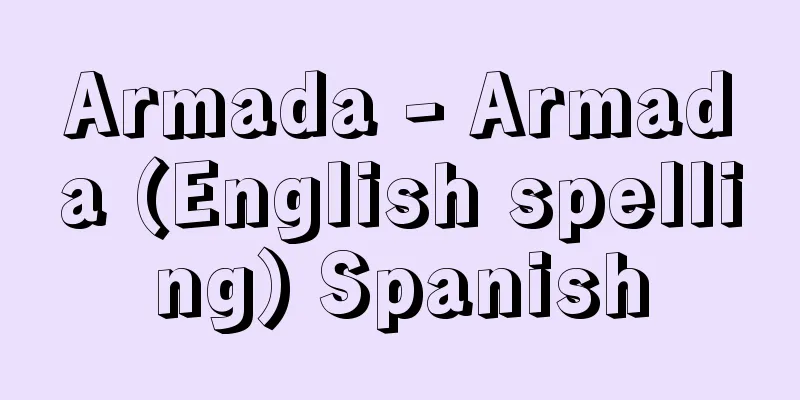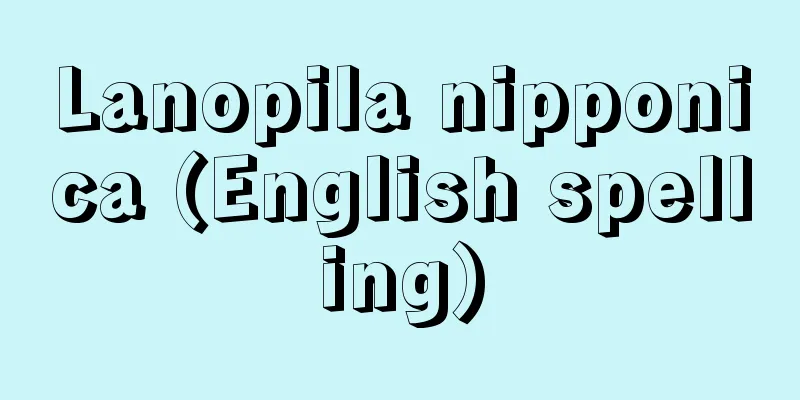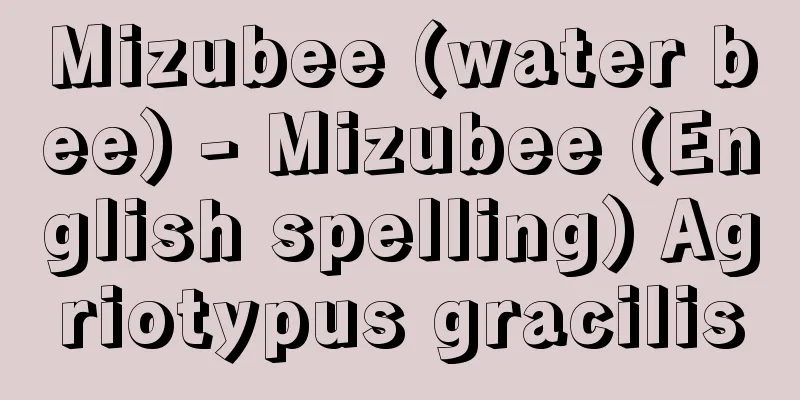Armada - Armada (English spelling) Spanish

|
A fleet prepared by Philip II of Spain in early 1587 with the aim of conquering England. Armada means "fleet". It is also called the Invincible Armada, but this name was not given by the Spanish side, but was later popularized by the English. In the second half of the 16th century, as the conflict between Catholic Europe and Protestant Europe intensified, Spain and England's interests clashed in two areas, Northern Europe and the Atlantic. In February 1587, Elizabeth I executed Mary, Queen of Scots, a Catholic, which prompted Philip II to decide to conquer England with the Flanders garrison. In mid-July of the following year, 1588, a Spanish fleet of 130 ships carrying 22,000 troops set sail from La Coruna, and exchanged gunfire with the English fleet that soon came to intercept them in the Straits of Dover for nine days. The English army, mainly consisting of small ships equipped with long-range light guns, skillfully avoided the Spanish ramming tactics of the Mediterranean style, inflicting considerable damage and discouraging their fighting spirit. The Spanish army suffered further losses in storms in the North Sea, but still managed to return about half of their ships to Spain. The loss of nearly two-thirds of their soldiers and the shaking of the confidence that had been buoyed by the victories since the conquest of Granada (1492) were the more distant causes of Spain's later decline. [Kobayashi Kazuhiro] [References] | | |Source: Shogakukan Encyclopedia Nipponica About Encyclopedia Nipponica Information | Legend |
|
スペインのフェリペ2世がイングランド征圧を目ざして1587年初めから用意した艦隊。Armadaは「艦隊」の意。無敵艦隊ともよばれるが、この名はスペイン側のものではなく、後世のイギリス人が広めたものである。16世紀後半、カトリック・ヨーロッパとプロテスタント・ヨーロッパとの抗争が激化するなかで、スペインとイングランドは北ヨーロッパと大西洋の2方面でことごとくその利害が衝突した。1587年2月、エリザベス1世がカトリックのスコットランド女王メアリー・スチュアートを処刑したことは、フェリペ2世にフランドル駐屯部隊によるイングランド征圧を決意させた。翌1588年7月中旬、2万2000の兵力を乗せた130隻のスペイン艦隊は、ラ・コルニャを出航、まもなく迎撃に出たイングランド艦隊とドーバー海峡で9日間砲火を交えた。射程の長い軽砲を備えた小型船を主力とするイングランド軍は、地中海流の衝角戦を挑むスペイン軍を巧みにかわしながらかなりの損害を与えてその戦意をくじいた。この後スペイン軍はさらに北海の嵐(あらし)によって損失を重ねたが、それでも船舶の約半数はスペインに帰着した。それよりも3分の2近くに上る将兵の喪失とグラナダ征服(1492)以来の勝利に支えられた自信の動揺のほうが後のスペイン衰退の遠因となった。 [小林一宏] [参照項目] | | |出典 小学館 日本大百科全書(ニッポニカ)日本大百科全書(ニッポニカ)について 情報 | 凡例 |
Recommend
New International Economic Order
Abbreviated as NIEO. Following the relative succe...
Kunshan
[1] A prefecture in Jiangsu Province, China. Locat...
Asuko-kenda - Asuko-kenda
... Ascocentrum was once classified as part of th...
Chichibu Incident
The Chichibu Kominto Uprising occurred in 1884 (M...
Düsseldorf - Düsseldorf (English spelling)
The capital of North Rhine-Westphalia in mid-west...
Roberts, E.
…It corresponds to the YMCA. It was formed in 187...
Shangqiu
Shangqiu, Henan Province, China is a prefecture-l...
Pöppelmann, MD
…It was built in 1711-28. The architect was Matth...
Cell - saibou (English spelling) cell
It is the basic morphological unit that constitut...
Kasumi (Judo) - Kasumi
It is also called ate (atte), atemi (attemi), or ...
Mirabeau, Honoré Gabriel Riqueti, Comte de
Born: March 9, 1749, Seine-Marne, Pignon Died Apri...
Abhidhamma - Abhidhamma
...It is so named because it consists of three pa...
Eggnogg
…It was once a Christmas drink in the southern Un...
Schaffle, AEF (English spelling) SchaffleAEF
...Looking at the development of public finance i...
Alcock, JW
...He died when landing at his destination), foll...









